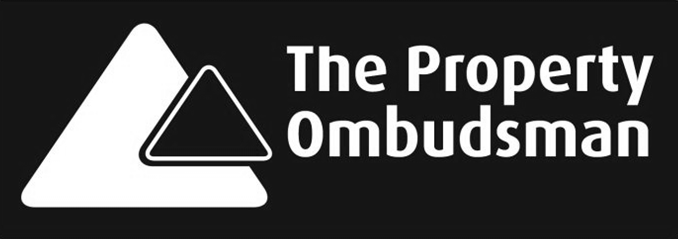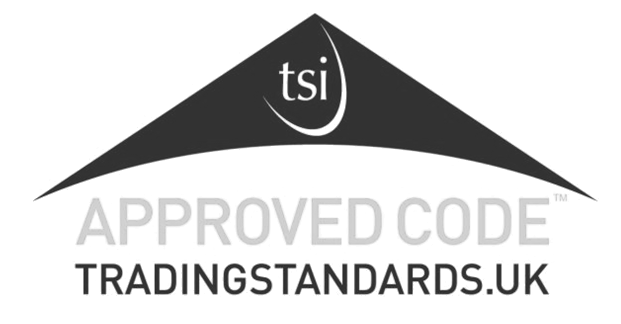BUYING YOUR FIRST HOME OR NEW HOME CAN BE EXCITING BUT ALSO STRESSFUL
Check Out Some Basic Tips Before Your Next Move
Budget
Determine your budget: Before applying for a mortgage, assess your financial situation and determine how much you can afford to borrow. Consider your income, expenses, and other financial obligations.
This will help you establish a budget and narrow down your options.
Credit Score
Improve your credit score: Lenders typically consider your credit history when evaluating mortgage applications. A higher credit score can increase your chances of securing a loan and getting favorable terms. Pay your bills on time, reduce your debts, and avoid taking on new credit commitments to improve your credit score.
Save
Saving for deposit can help you secure a mortgage with better terms. While the specific amount varies, aim for a LTV of 20% to secure better interest rates.
However, there are plenty of mortgage options available for smaller deposits.
Agreement In Principle
Get a decision in principle before house hunting. This will give you an idea of how much you can borrow, making it easier to narrow down your home search and negotiate with sellers.
Interest Rates
Consider long-term affordability: Remember that a mortgage is a long-term commitment. Consider not only your current financial situation but also how your income and expenses may change over time. Ensure that you can comfortably afford the monthly mortgage payments throughout the life of the loan.
Mortgage Terms
Carefully review the terms and conditions of your mortgage agreement before signing. Understand the interest rate, loan duration, repayment terms, and any potential fees or penalties associated with the loan. If there's anything you're uncertain about, ask your lender for clarification.





